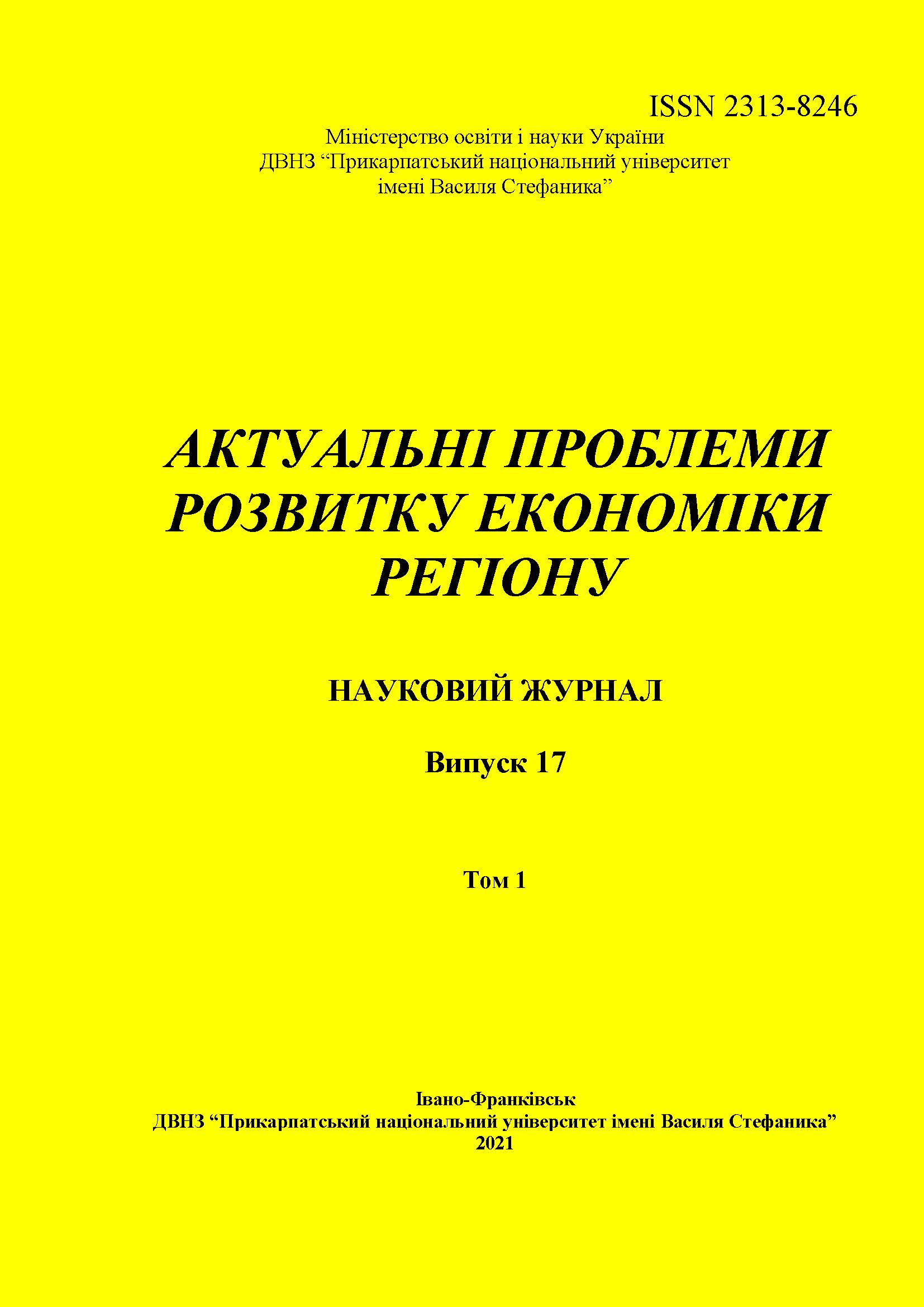COMMUNICATION ASPECTS OF MANAGEMENT WORK ON THE BASIS OF LEADERSHIP
DOI:
https://doi.org/10.15330/apred.1.17.75-83Keywords:
managerial work, communicative ability, communicative competence, leadership, communication leadership, team communicationsAbstract
The article is devoted to the study of communication leadership as a tool for effective management in an organization based on the interaction "manager - subordinate". The authors analyze the content of the main categorical terms that underlie communication leadership, namely communication skills and communicative competence, based on which the understanding of the communicative competence of the leader is formed. Based on the details of the main characteristics of communicative competence of the leader, presented in the literature as the work of domestic and foreign theorists and practitioners, and consideration of the specifics of communicative leadership in practical work with a team of authors, the main list of communicative values and similar life positions, the development of skills of joint interaction in team members based on the unity of life views in order to achieve the goals of the organization.
The authors identified the specifics of team communication as a determining component in the process of achieving the effectiveness of teamwork and obtaining the desired team results. In particular, the article analyzes the possibility of maximizing the level of effectiveness of interaction "leader - team member" based on the basic postulates that should be used by the leader to enhance interest in communication processes in the team. These postulates include, first of all, the leader's understanding of the desired result of communication, further motivating employees to effective teamwork and communication, understanding the meaning of all processes that take place in the organization.
Based on the study, the authors made a number of conclusions, the main one being that the effectiveness of communication leadership is determined by the ability of the leader to systematically perceive the processes in the organization in order to build an adequate communication structure that must meet the organizational structure. Only in this case it is possible to achieve a synergistic effect of communication interaction in the organization.
References
2. Vinogradsky, M. D., Vinogradska, A. M., and O. M. Shkanova. Personnel Management. 2nd ed. Kyiv, Center for Educational Literature, 2009.
3. Zavadsky, Y. S. Management. Vol.1. Kyiv, UFIMB, 1997.
4. Novak, V. O., and O. P.Baklan “Content and organization of management work.” Economics of management, no.3, 2000, pp. 42-44.
5. Osovska, G. V., and O. A.Osovsky. Fundamentals of management: a textbook. Kyiv, "Condor", 2006.
6. Khmil, F. I. Fundamentals of Management: 2nd ed. Kyiv, Akademvidav, 2007.
7. Shegda, A. V. Management: a textbook. Kyiv: Znannia, 2004.
8. Nestulya, O., Nestulya, S., and V. Karmanenko. Fundamentals of leadership. Training of leadership qualities and practical skills of a manager. Kyiv, Knowledge. 2013.
9. Kalashnikov, S. A. Educational paradigm of professionalization of management on the basis of leadership. Кyiv, Borys Hrinchenko University, 2010.
10. Husar, O. Communicative leadership of heads of educational institutions: a textbook. Kyiv, DP "Scientific and Production Center" Priorities ", 2016.
11. Pashko, L. A. “Management leadership as a guarantee of effective functioning of public administration.” Administrative reform in Ukraine: current status, problems and prospects: monograph, ed. N.R. Nizhnik, N.T. Goncharuk. Dnipro: Monolith, 2009, pp. 255-271.
12. Johansson, Catrin, Miller, Vernon D, and Solange Hamrin. Communicative Leadership. Theories, Concepts and Central Communication Behaviors. DEMICOM, 2011.
13. Kulinich, I. O. Psychology of management. Kyiv, 2011.
14. Gavrilyak, L. S. “Communicative competence as a component of professional training of a modern specialist.” Scientific journal "ΛΌГОΣ. The art of scientific thought, no.3, 2019, pp. 70 - 73.
15. Sidorenko, E. V. Training of communicative competence in business interaction. SPb,Rech, 2008.
16. Bizo, L., Ibragimova, I., Kikot, O., Baran, E., and T. Fedorov. Leadership development, ed. I. Ibragimova. Kyiv, Project "Personnel Management Reform in the Civil Service in Ukraine", 2012.
17. Solodov, I. “The second "rail" of communication in the team.” Solodov.team, solodov.team/tpost/jodghgrp41-vtoraya-relsa-kommunikatsii-v-komande. Accessed 15 June 2021.
Downloads
Published
Issue
Section
License
- Authors retain copyright and grant the journal right of first publication with the work simultaneously licensed under a Creative Commons Attribution NonCommercial NoDerivs 4.0 Unported License that allows others to share the work with an acknowledgement of the work's authorship and initial publication in this journal.
- Authors are able to enter into separate, additional contractual arrangements for the non-exclusive distribution of the journal's published version of the work (e.g., post it to an institutional repository or publish it in a book), with an acknowledgement of its initial publication in this journal.
- Authors are permitted and encouraged to post their work online (e.g., in institutional repositories or on their website) prior to and during the submission process, as it can lead to productive exchanges, as well as earlier and greater citation of published work (See The Effect of Open Access)


